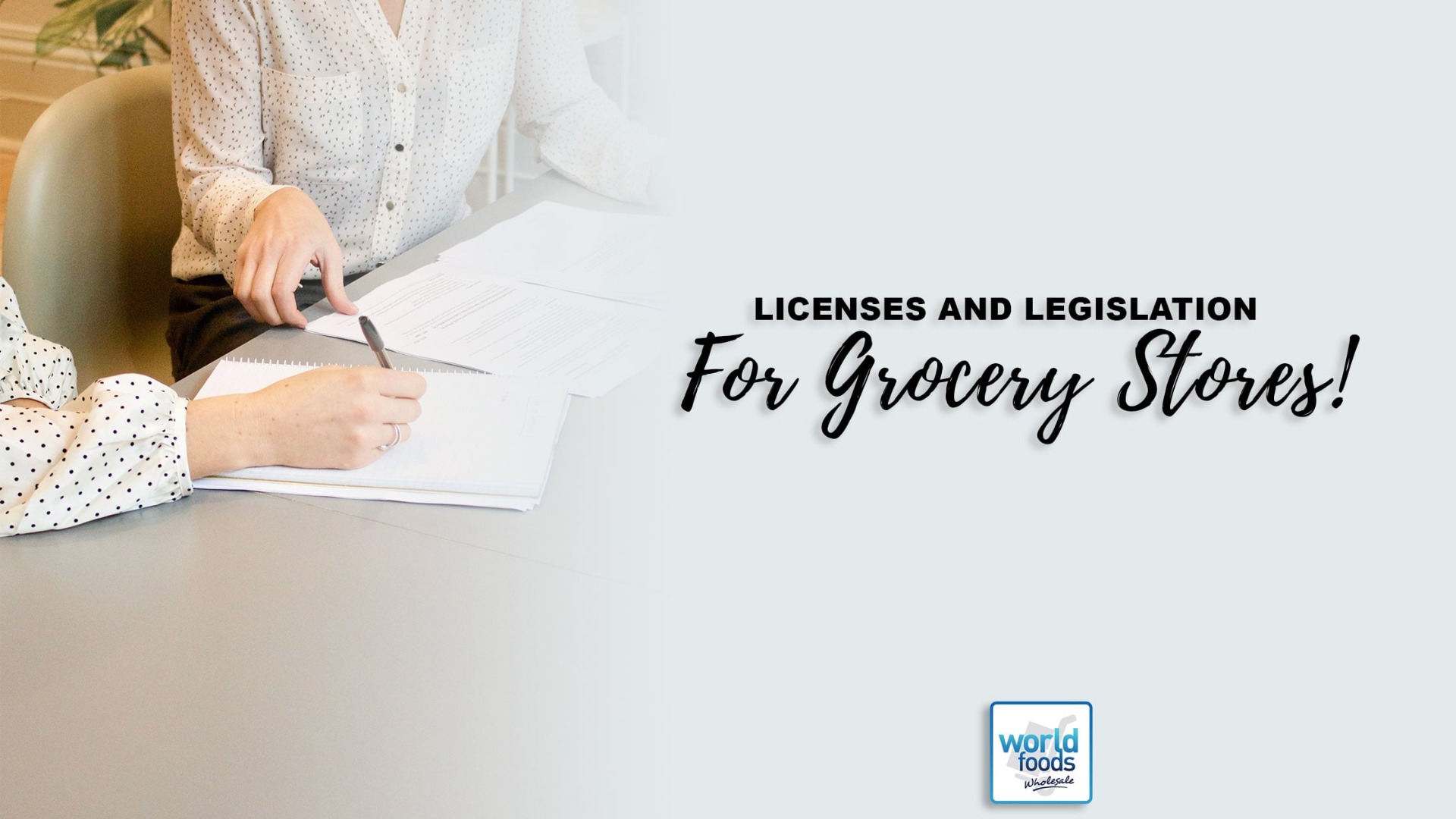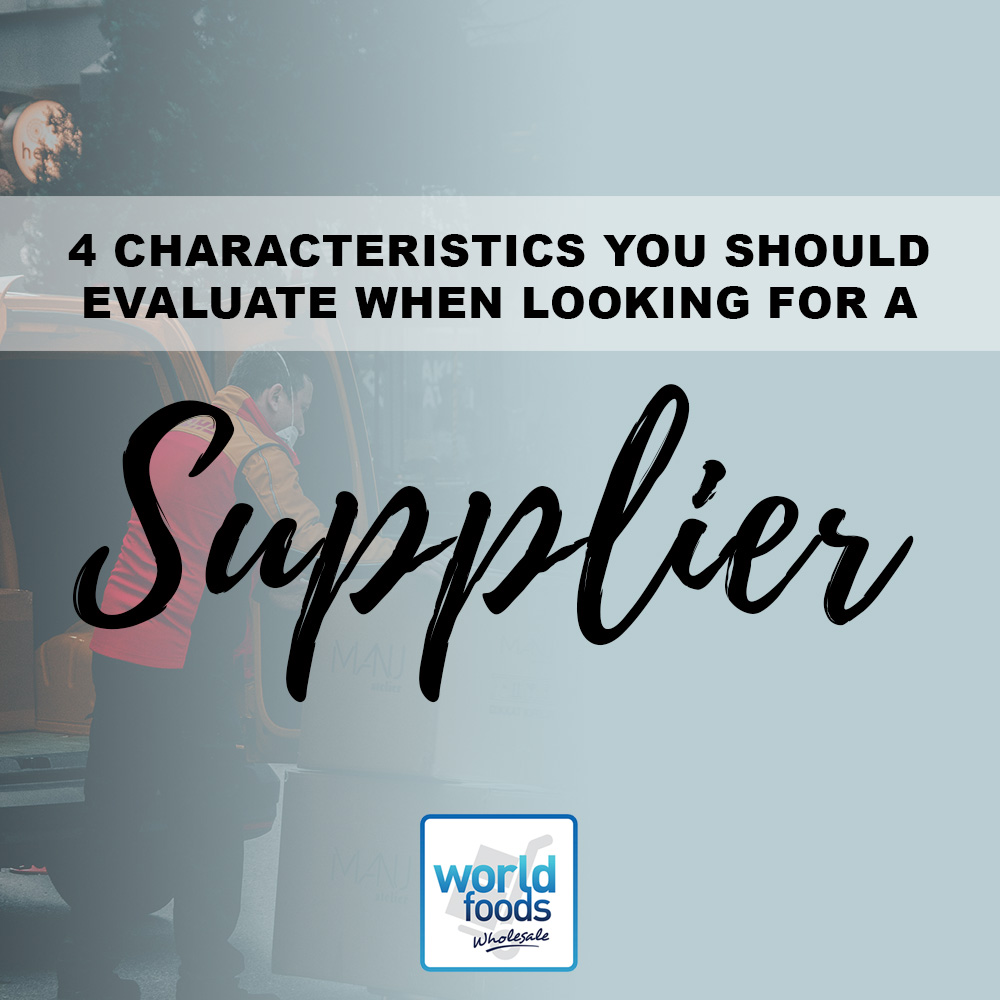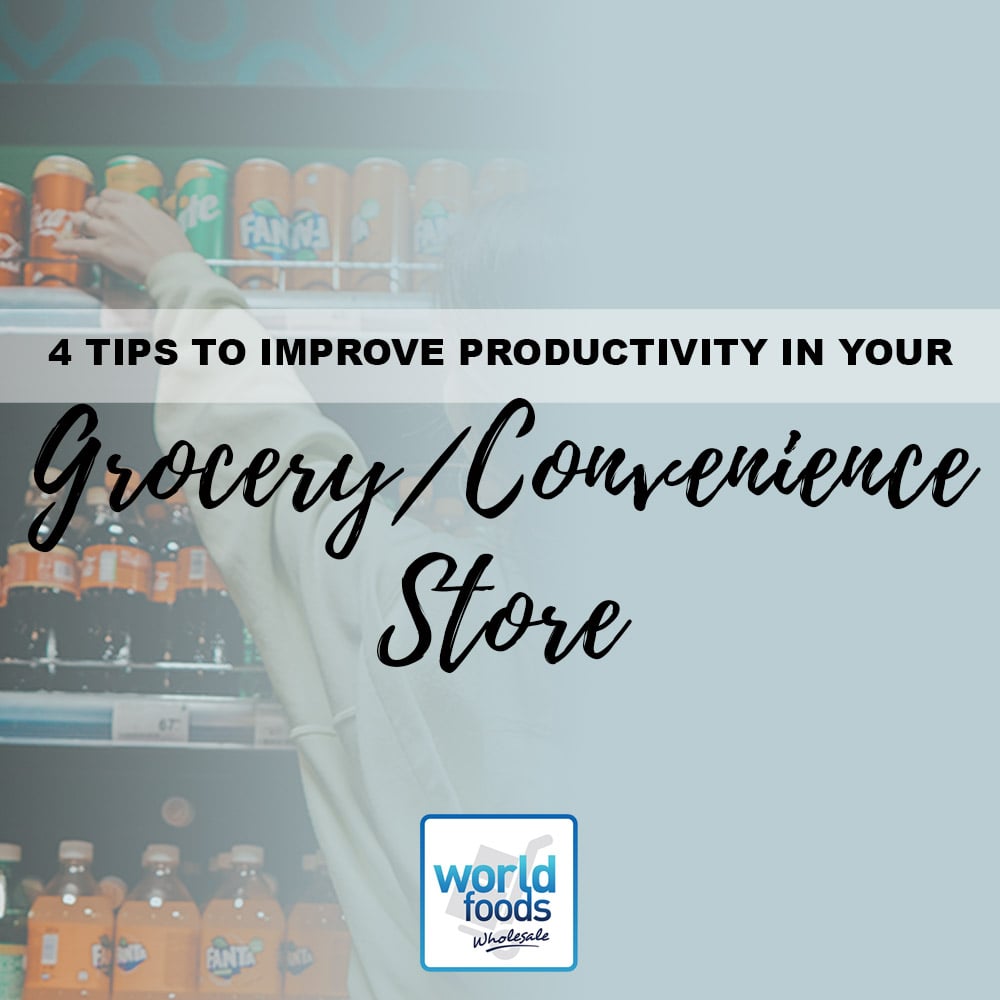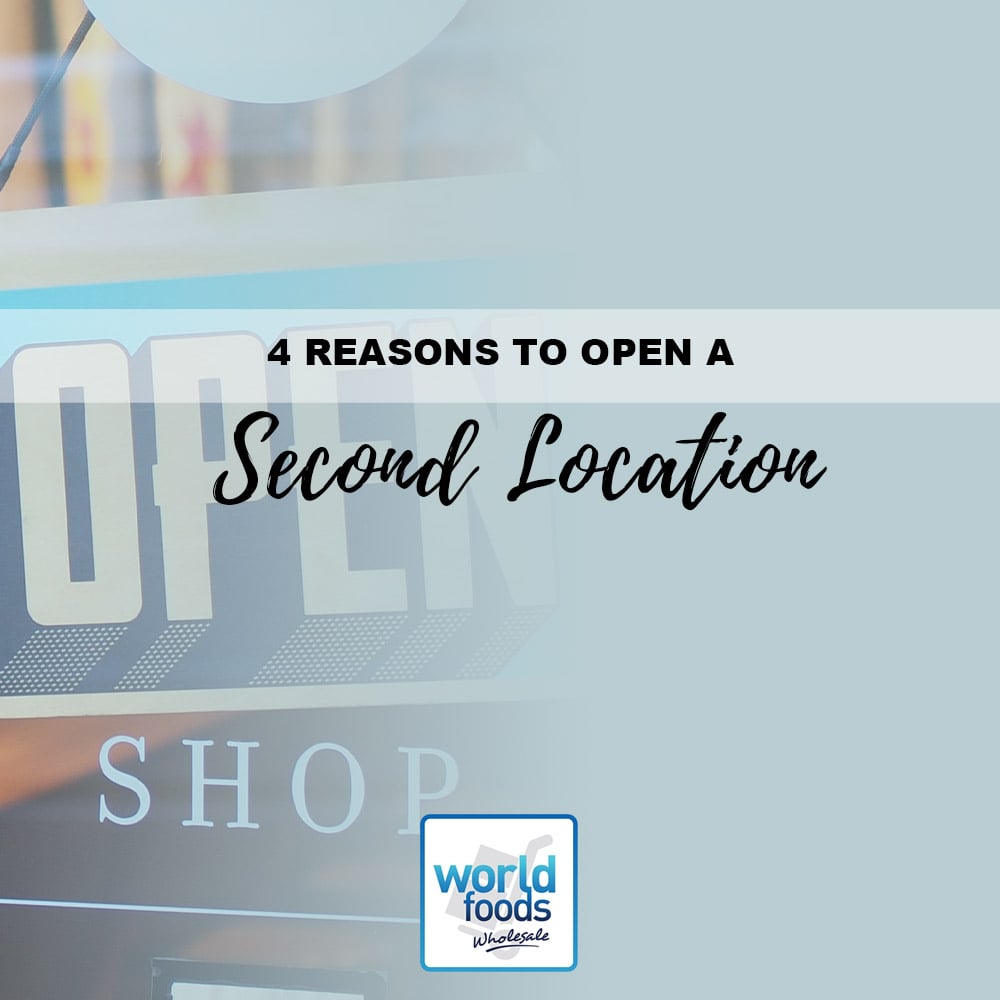Grocery store licenses and legislation
When you open a grocery store, the costs, marketing and strategy are all critical. However, for the security of consumers, employees, and your own, it is important to comply with certain regulations. As a grocery store, your business will store, sell, and possibly prepare food. To comply with the requirements of the Food Safety Act, you will need to register with your local environmental health department. To ensure that you register in good time, contact your local authority early in your planning process. Registration is free.
We will examine key points such as food safety, age requirements, waste, and insurance. This article will also explore the sale of alcohol, tobacco, and fireworks.
Food safety
It is important to register your company with your local environmental health department before you commence any operations. Depending on the requirements of the Food Safety Act, your local environmental health officer will be able to advise and guide you on what you should install on your premises to keep them hygienic.
It is worth reading the food hygiene legislation. It lays down the food hygiene rules for all food businesses, applying effective and proportionate controls throughout the food chain, from primary production to sale or supply to the food consumer.
Food waste and Cleanliness
When a business produces more than 5kg of food waste, it must properly dispose of it. The legislation states that businesses are required to have a separate collection of that waste.
Food waste cannot be fed to livestock and must not contaminate the environment. Ensure that your waste carrier is properly licensed before you hire them to dispose of your waste.
You are also required to maintain a clean area. The Clean Neighbourhoods and Environment Act is a law that makes businesses responsible for the rubbish produced by their retail activities. These include take-away food containers, waste lottery tickets, empty crisp packets, ice cream containers, and sandwich wrappers.
Insurance for a convenience store
You will need insurance for:
- premises, premises contents and stock
- goods in transit (for example on the way back from a cash and carry)
- freezer breakdown
- cash and Lottery scratch cards
- business interruption
- employers' liability
- public and products liability
- motor insurance (for delivery vehicles)
Alcohol licensing
It is compulsory for businesses, organizations, and individuals selling or supplying alcohol in England and Wales to obtain a licence from a licensing authority - usually a local council. The Home Office oversees this policy.
Applicants for alcohol licenses are required to submit an application that is carefully examined, evaluating whether their application and the premises are suitable for selling alcohol. The application may be faster if you hire the services of a licensed professional. You will be charged, but it can help ensure that the application succeeds and speed up the process.
Selling and storing tobacco products
To sell Tobacco to the public you’ll need to register with the UK ID issuer to get an economic operator ID. It is required to get separate facility IDs for each premises you use to sell tobacco products to the public, store tobacco products, and separate facility IDs for each tobacco vending machine. If you only sell tobacco products using a vending machine, then the premises do not need a facility ID. Only the vending machine does, which you will not have to pay for.
Music Licence
And finally, if you want to play music in your store, you will need to get a licence from Music Licence from PPL PRS Ltd to be allowed. Not that there’s a yearly fee for it.
Feel free to check more articles here. We have a great article about opening a second location.
---
Get in touch!
Phone: 01908 366633
Email: [email protected]
Instagram: www.instagram.com/worldfoodswholesale/
Facebook: www.facebook.com/worldfoodswholesale/







Comments
Leave A Reply
Your email address will not be published.